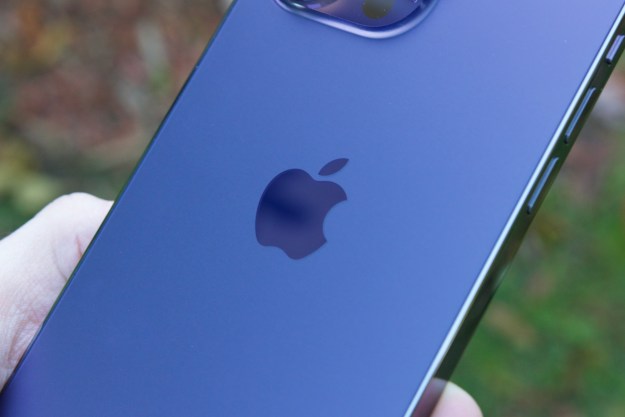Apple last year launched a safety feature in the U.S. that scans for sexually explicit images in the Messages app on iPhones, iPads, and Macs used by children younger than 18, and warns them and their parents when they receive or send them. Now, the company is rolling out that feature to iOS users in the U.K., Canada, Australia, and New Zealand.
The Guardian first reported that Apple users living in the U.K. will see the nudity-scanning feature, called “Communication Safety,” in the Messages app relatively soon, although the exact date is unknown. It’s already live in Canada as part of the iOS 15.5 beta update, but it’s unknown when users in the other aforementioned countries will receive the feature.

To refresh your memory on how the nudity-scanning feature works, parents can toggle it on in the Screen Time settings for their child’s account. Any incoming or outgoing nude photo is automatically blurred and warning notifications pop up to provide the child (or teen) with guidance on how to seek help, redirecting them to online safety resources and reassuring them that it’s OK if they do not want to see the photo or to continue the conversation. They’re also advised to message a trusted adult about the inappropriate photo and to block the contact that sent them said photo. The Messages app triggers a text exchange with the child’s parents or guardians if they’re younger than 13.
Minors living in the U.K., Canada, Australia, and New Zealand will be seeing the same warnings and get the same options to talk to a trusted adult about the unsolicited photos they received. They will also be redirected to online safety resources specific to their region.
When the feature was announced in August, child safety advocates applauded Apple’s latest effort to combat child sexual abuse (CSA) and protect children from sexual predators, but critics pointed out some of its privacy flaws. They decried that the feature’s original programming of automatically notifying parents of images containing nudity regardless of the minor user’s age would out LGBTQ+ kids to parents, who could potentially abuse them, kick them out of their homes, or otherwise punish them, and that the scanned photos would be stored to iCloud Photos for Apple moderators to review and send to the National Center for Missing and Exploited Children. The controversy led to Apple delaying the release of the photo-scanning feature, as well as other child safety features, to November.
Editors' Recommendations
- This one Apple Fitness feature completely changed how I exercise
- Here’s how Apple could change your iPhone forever
- This one thing could make iOS 18 the best iPhone update in years
- Everything you need to know about the massive Apple App Store outage
- The 7 biggest features we expect to see in iOS 18




